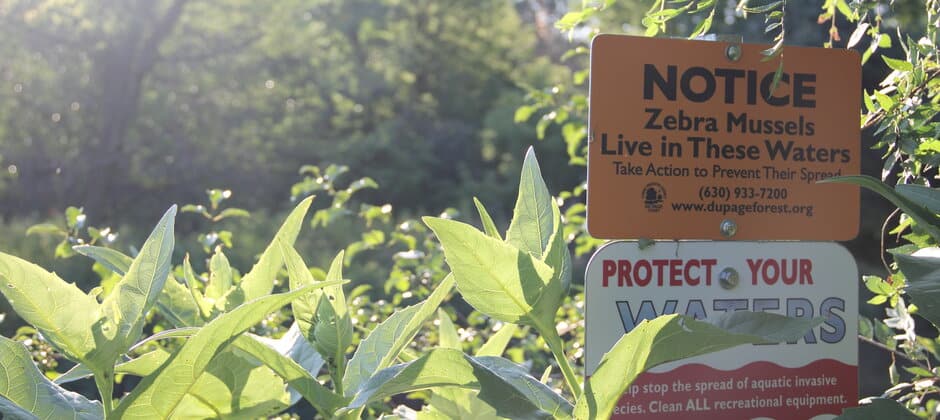Share this article
Coalition releases federal invasive species priorities
Members of the National Environmental Coalition on Invasive Species have provided recommendations to the Biden-Harris Administration and the 117th Congress on mechanisms to tackle invasive species prevention and management.
The report suggests federal actions that would address invasive species introduction, dispersal, and establishment in the United States. It provides specific guidance for agencies in the U.S. Department of Agriculture (U.S. Forest Service and Animal and Plant Health Inspection Service) and U.S. Department of the Interior (U.S. Geological Survey, U.S. Fish and Wildlife Service, and National Park Service). For each federal agency, the report describes existing programs and activities, analyzes barriers to their success, and recommends administrative and congressional actions to improve their success.
Many of the recommendations for administrative action focus on strengthening existing partnerships and communication pathways. The report calls for improved scientific integrity policies, standardized methods of information collection and transfer, increased research to combat invasive species, and enhanced invasive species management plans and budgets. Members of the coalition also suggest stricter guidelines for captive cervid management, the listing of additional invasive and potentially invasive species under the Lacey Act, and prohibitions on known pathways for invasive species spread, such as the importation of solid wood packaging and high-risk plant species.
Recommendations for congressional action overwhelmingly center on funding requests. Many federal programs, including the USFWS National Wildlife Refuge System, USFS Forest Health Management program, USGS National Wildlife Health Center, and APHIS Plant Protection and Quarantine program depend on funding determined by Congress. Inadequate and inconsistent funding continues to limit the ability of these programs to effectively control and manage invasive species.
In the report, members of the coalition also ask Congress to devote increased attention to invasive species via congressional oversight. They recommend legislation changes, including amending the Plant Protection Act to prioritize the protection of natural and agricultural resources over competing economic interests, and the development of new legislation that would allow USFWS to once again regulate interstate transport of invasive species listed under the Lacey Act.
The National Environmental Coalition on Invasive Species works to promote scientifically sound policies that prevent invasive species introduction and spread in the United States. The Wildlife Society coordinates the efforts of the coalition alongside groups including the National Wildlife Federation, Alliance for the Great Lakes, Entomological Society of America, Natural Areas Association, Ecological Society of America, Center for Invasive Species Prevention, National Association of Invasive Plant Councils, and American Bird Conservancy.
Read TWS’ Position Statement on Invasive and Feral Species.
Express your support for programs of importance to the wildlife profession, including the control and management of invasive species, in the Congressional appropriations process.
Header Image: National Environmental Coalition on Invasive Species members submitted recommendations to prevent the introduction and spread of invasive species in the U.S. Credit: Daniel X. O’Neil








